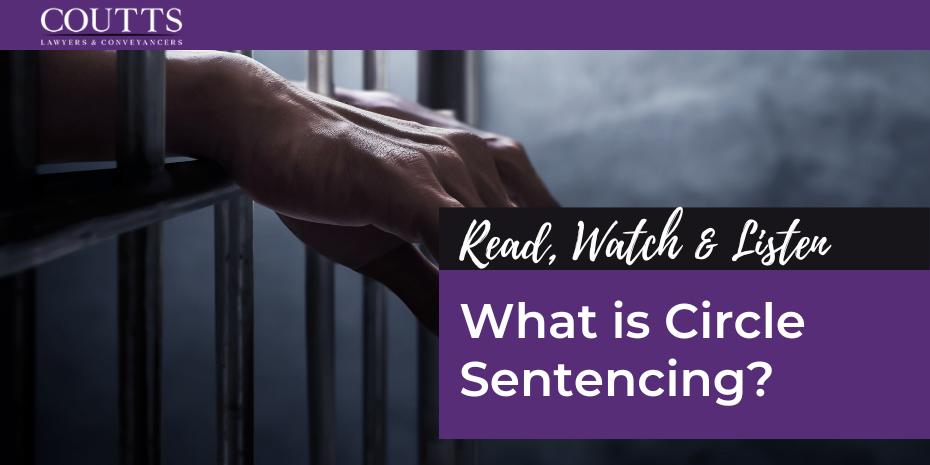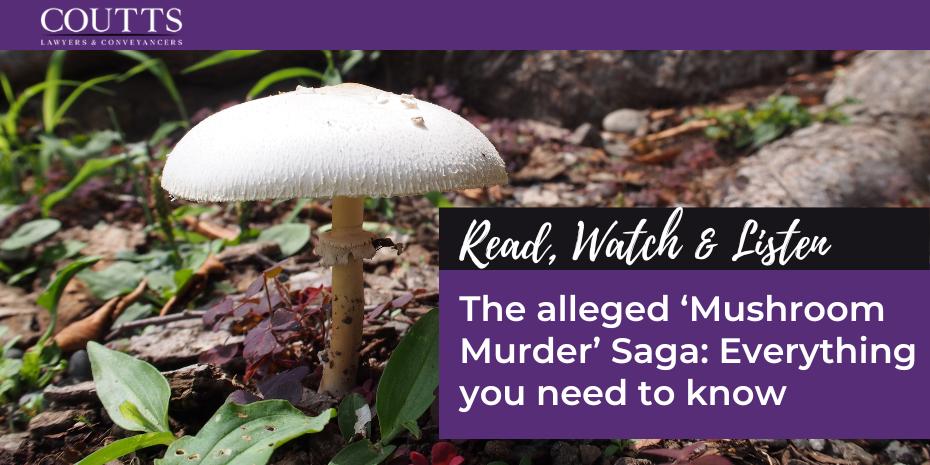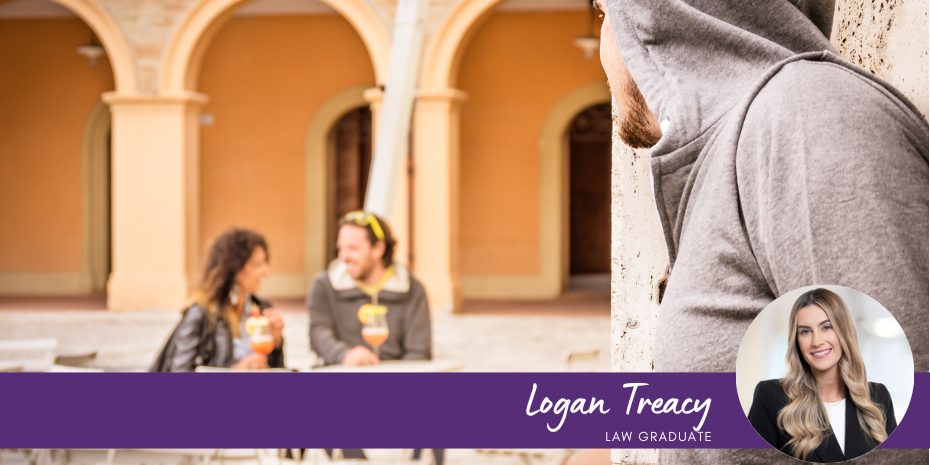Co-authored by: Isabel Strahan
Circle Sentencing
KEY TAKE OUTS:
- Circle sentencing is an alternative form of sentencing available for Aboriginal offenders.
- It is a valuable tool utilised in the criminal legal system which has been found to reduce incarceration and repeat offenders.
- The Circle involves a meeting with Aboriginal elders, the victim, members of the community and a Magistrate which can be more impactful for offenders as they must face the consequences of their crime in front of their community.
Circle Sentencing is an alternative form of sentencing available to Aboriginal people who have been convicted of a criminal offence. Since its introduction in New South Wales, it has been useful in assisting to reduce the likelihood of reoffending.
The objectives of Circle Sentencing can be found in the Criminal Procedure Amendment (Circle Sentencing Intervention Program) Regulations 2003. These objectives include, but are not limited to, involving members of the Aboriginal community in the sentencing process, reducing barriers between Aboriginal communities and the Courts, providing more appropriate sentencing options than incarceration, and reducing reoffending in Aboriginal communities.
The NSW Bureau of Crime Statistics and Research compared Aboriginal offenders who underwent traditional sentencing and Circle Sentencing between 2005 and 2018. They concluded that those who participated in the program were 9.3% less likely to receive a prison sentence and 3.9% less likely to reoffend within 12 months. Therefore, Circle Sentencing is associated with lower levels of incarceration and recidivism for Aboriginal offenders in NSW.
Eligibility
Circle Sentencing is only available for Aboriginal offenders who intend to plead guilty to the offence. It is not available if the offence is a charge of murder or sexual assault. Therefore, offences that can be assessed in the Circle are usually those relating to assault, drugs, alcohol or driving offences. In conclusion, eligibility is judged by a two-fold test:
- The eligibility of the offender (i.e. is Aboriginal), and
- The nature of the offence must be suitable to be dealt with by Circle Sentencing (i.e. can be finalised at the Local Court, carries a term of imprisonment and is judged by the Magistrate that imprisonment is likely).
Circle Sentencing is also only available at 12 specific Courts in New South Wales. Therefore, your lawyer may need to make an application to move the matter to a Court where this option is available to you.
The Circle Sentencing Process
The members present in the Circle include the offender, the offender’s legal representatives, the presiding Magistrate in the matter, the prosecutor, the victim (if applicable and if they consent to participating), and appropriate members of the Aboriginal community to which the offender belongs (usually impartial Aboriginal elders). By involving Aboriginal elders in the Circle, the sentencing process can be more impactful to Aboriginal offenders than a traditional Court, as they must face the consequences of their actions in front of their community.
The process of Circle Sentencing begins with a welcome from the Aboriginal elders and then the Magistrate. The introductions will occur, with the Magistrate explaining the purpose of Circle Sentencing and the expected conduct of participants. The discussion will begin by covering the offence, its impact, what must be done to correct the offence and offending behaviour as well as what support is available to both the victim and the offender. The Magistrate will summarise, determine the sentence, and set dates to review before closing the Circle.
Therefore, it is important to recognise that the Magistrate’s role is to ensure that the law is still applied, and the sentencing guidelines are adhered to.
How Can We Help?
Circle Sentencing is a complex process and a lawyer’s role in the Circle is to assist in the referral to the Circle, provide support and represent your interests and put forward a submission on Sentence as well as answering any questions that may be directed to you by the Circle Sentencing participants. Our Criminal Law Team and Coutts are dedicated to achieving just and fair outcomes for our clients. We are committed to the rehabilitation of offenders and the reduction of reoffenders within the community.
Should you believe that you may be eligible for your matter to be dealt with by Circle Sentencing, please contact our office and make an enquiry with one of our experienced solicitors at 1300 268 887.
ABOUT ISABEL STRAHAN:

Isabel joined the Coutts team in January 2022, as a Paralegal working within our Family & Criminal teams. She is currently studying a Bachelor of Laws and Bachelor of Arts, Majoring in International Relations and Minoring in Cultural Studies at the University of Wollongong. It is her dedication and hardworking nature that will see her go far within Coutts.
For further information, please don’t hesitate to contact:
Isabel Strahan
Paralegal
info@couttslegal.com.au
1300 268 887
Contact Coutts today.
This blog is merely general and non-specific information on the subject matter and is not and should not be considered or relied on as legal advice. Coutts is not responsible for any cost, expense, loss or liability whatsoever to this blog, including all or any reliance on this blog or use or application of this blog by you.



